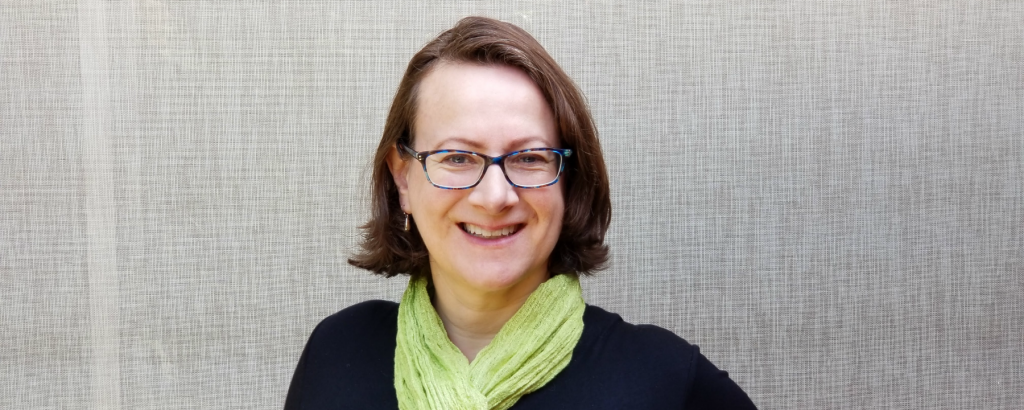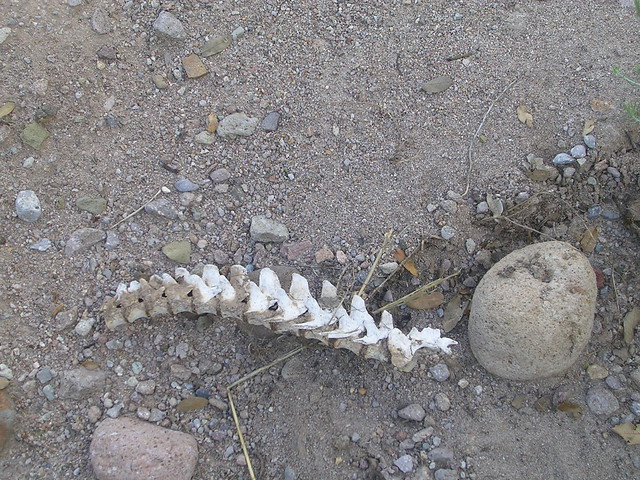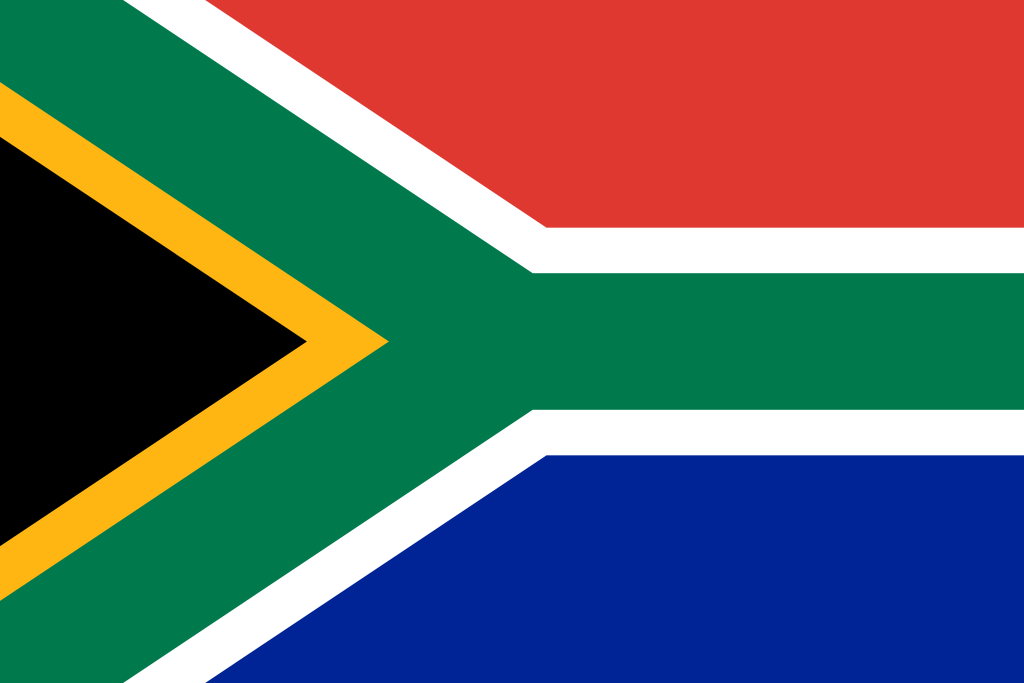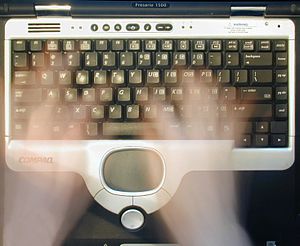
Before we present this week’s Weekend Reads, a question: Do you enjoy our weekly roundup? If so, we could really use your help. Would you consider a tax-deductible donation to support Weekend Reads, and our daily work? Thanks in advance.
The week at Retraction Watch featured a profile of an image detective who works for free; our first Forensic Friday in which readers could hone their skills; and the story of the authors who retracted a paper so that they could publish it in a higher impact factor journal. Here’s what was happening elsewhere:
Continue reading Weekend reads: Ghostwritten peer reviews; is failure to report results misconduct?; scientific sabotage common in at least one country






